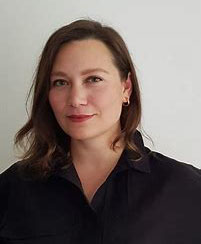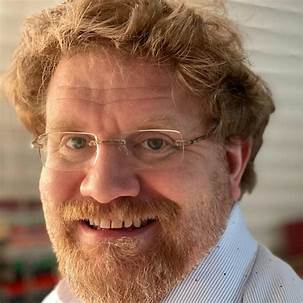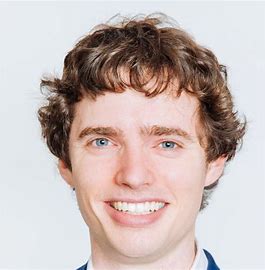
For York University community members interested in learning more about how scientific and technological advances impact our daily lives, the Research Seminar Series in Science, Technology & Society (STS) – returning for the Winter 2024 term to cover topics like the governance of smart city technologies, machine learning and citizen science – is one you won't want to miss.
The series, sponsored by the Department of Science, Technology & Society in York’s Faculty of Science and co-ordinated by its members, is the oldest continuously running seminar series at the University. It began in the early 1990s, when the STS department was still housed in Atkinson College, and while much has changed and advanced since then, one thing hasn't: the series continues to welcome all members of the York community who are curious about STS.
Below is a summary of the seminars scheduled for the Winter 2024 term.

Jan. 30 – “Human Rights-Based Governance of Smart City Technologies" presented by Alina Wernick, University of Helsinki
The public sector has been rapidly adopting smart city technologies in areas ranging from law enforcement and transportation to health care. These technologies have implications on a wide range of fundamental human rights. To mitigate these risks, several scientific communities have proposed human rights-based approaches to govern algorithmic, biometric and smart city technologies.
In this presentation, Wernick will explain the theoretic background of each of the approaches in the light of recent research published in the Internet Policy Review special issue, which she co-edited. She will also discuss the temporal dimensions of these human rights risk-mitigation measures as well as geopolitical tensions affecting the two approaches.

Feb. 13 – "Social Experts Within and Without: Social Epistemologies and the Netflix Competition in the Making of Machine Learning" presented by Matthew L. Jones, Princeton University
From 2006 to 2009, the Netflix video streaming service sponsored a competition to improve predictions about which films their customers would rank highly and lowly. In this presentation, Jones will use that competition as a way to explore how the social behaviours and thinking of those who create algorithmic models impact those models themselves. In other words, he will show that the well-known problems with machine learning systems in many ways stem from the inadequate sociality of machine learning and its makers.
March 26 – "Transformations in Diabetes Care: Lessons from Commons-based, Peer-produced Citizen Science” presented by Shane O’Donnell, University College Dublin

Social and technological trends have enabled the emergence and re-emergence of different forms of citizen science in the form of do-it-yourself communities, maker movements and user-led innovations. In particular, the growth of social networks, big data and distributed manufacturing technologies are enabling communities to modify and produce medical technologies to better meet their needs across a range of chronic conditions. Despite this, most instances of peer-produced citizen science have remained at the periphery of the health-care system.
In this seminar, O'Donnell will use the diabetes community's #WeAreNotWaiting movement – demanding faster access to treatments and technologies to help manage their condition – as a real-world example of where this type of citizen science has gone beyond the fringes of medicine and health care. Drawing on the literature on commons-based peer production and citizen science, he will show how a self-organized community of people with diabetes developed open-source innovations that not only helped them meet their own medical needs, but have also been shown to be more advanced than similar innovations produced within the traditional model of medical innovation. He will show how this community has changed the medical landscape in the process.
All events in the series will be held from noon to 1:30 p.m. and will be accessible via the following Zoom link: yorku.zoom.us/j/93913086494?pwd=RGVvelVYZCtQZmdjQUdUUkpMeXY4QT09.
For more information on the series, contact the seminar series co-ordinator Hélène Mialet at hmialet@yorku.ca.
